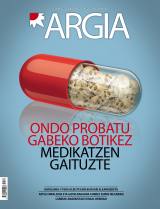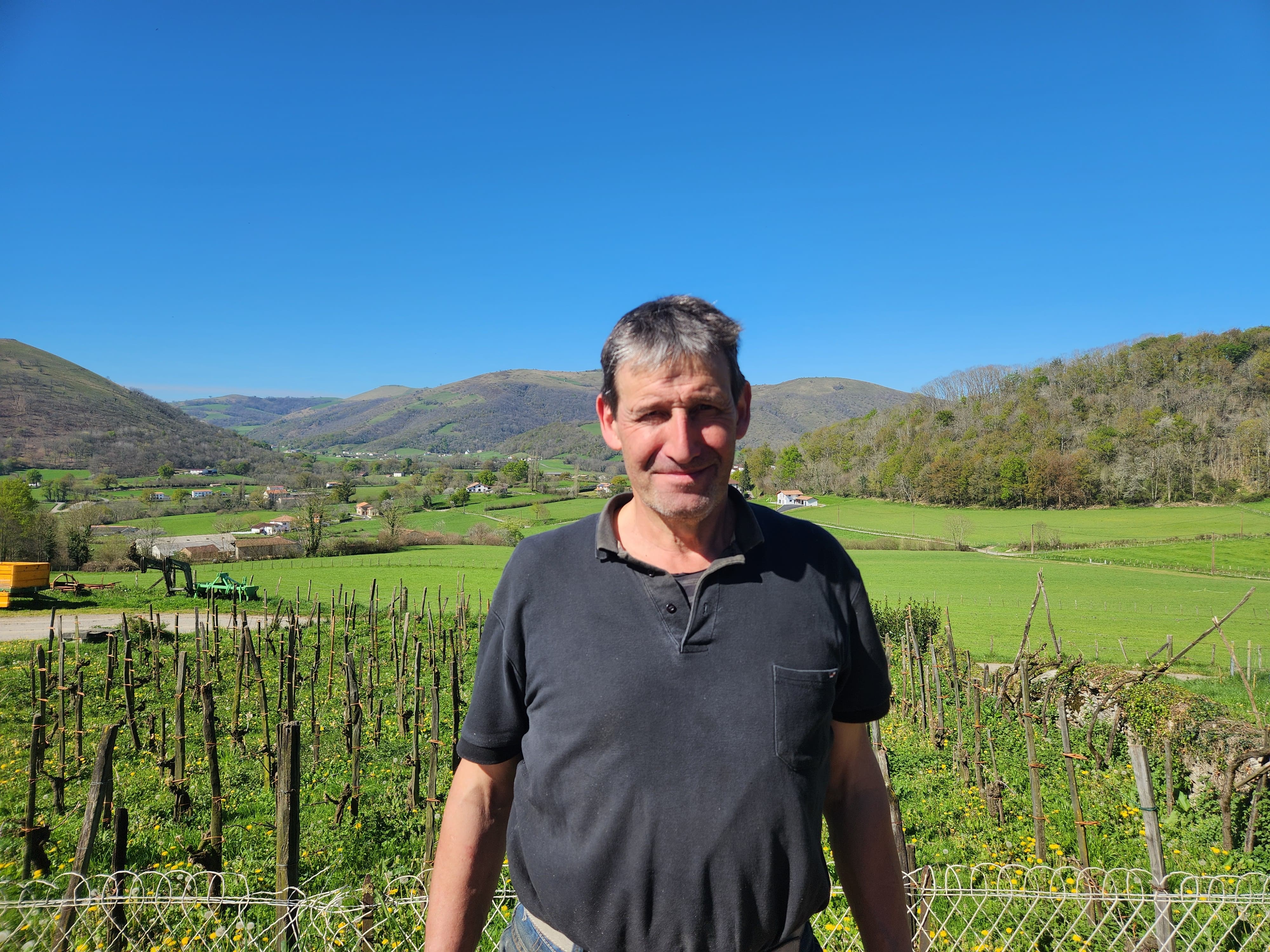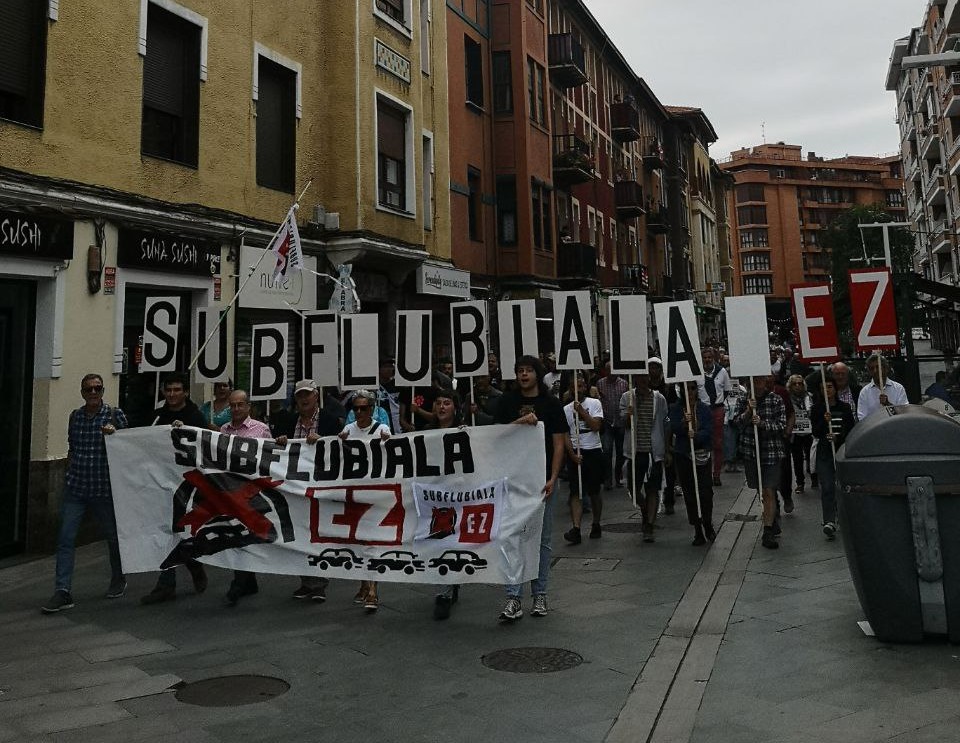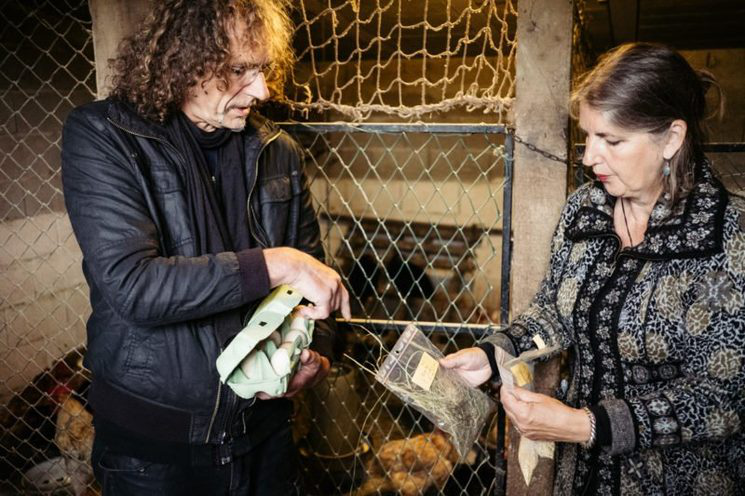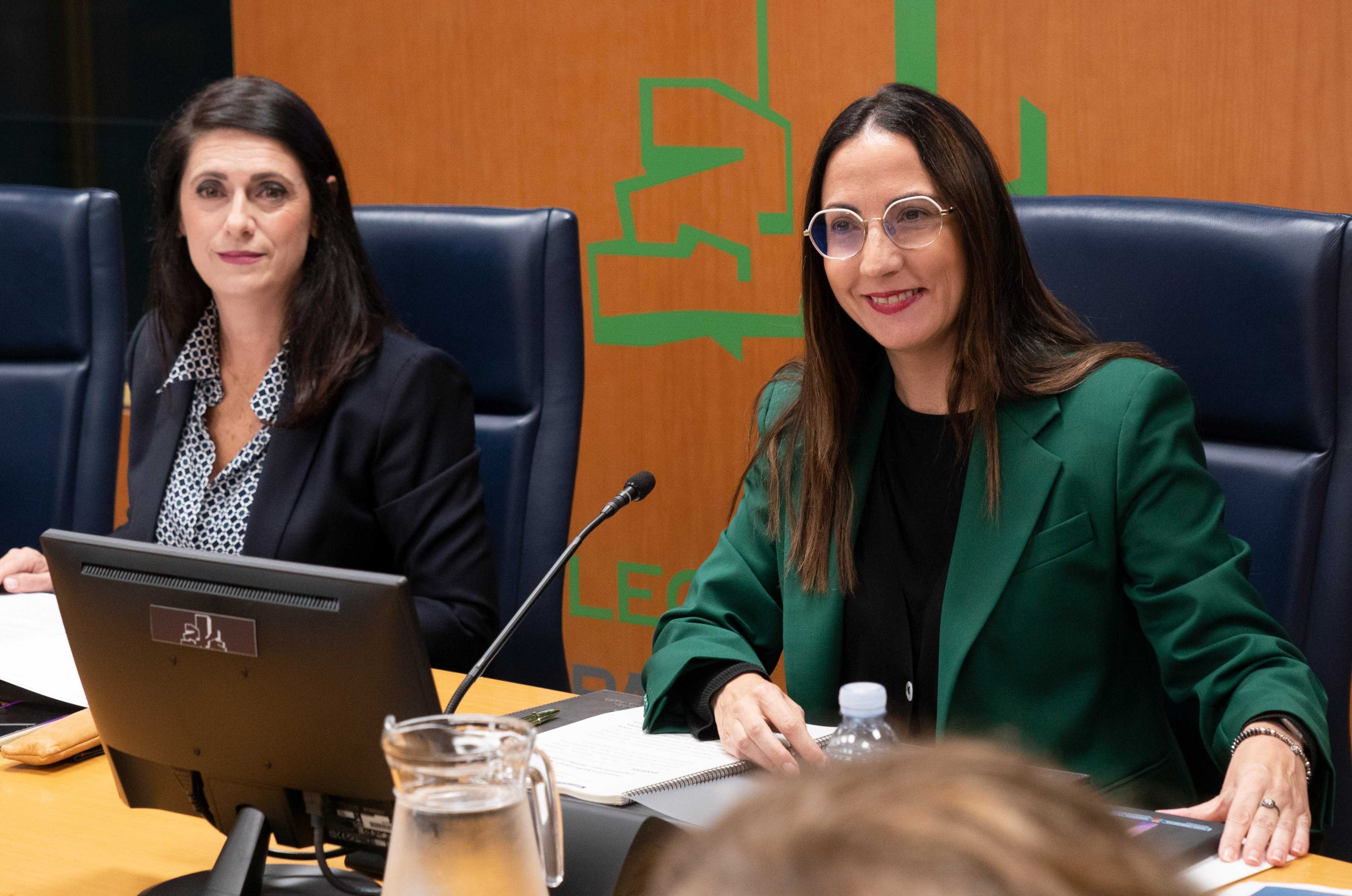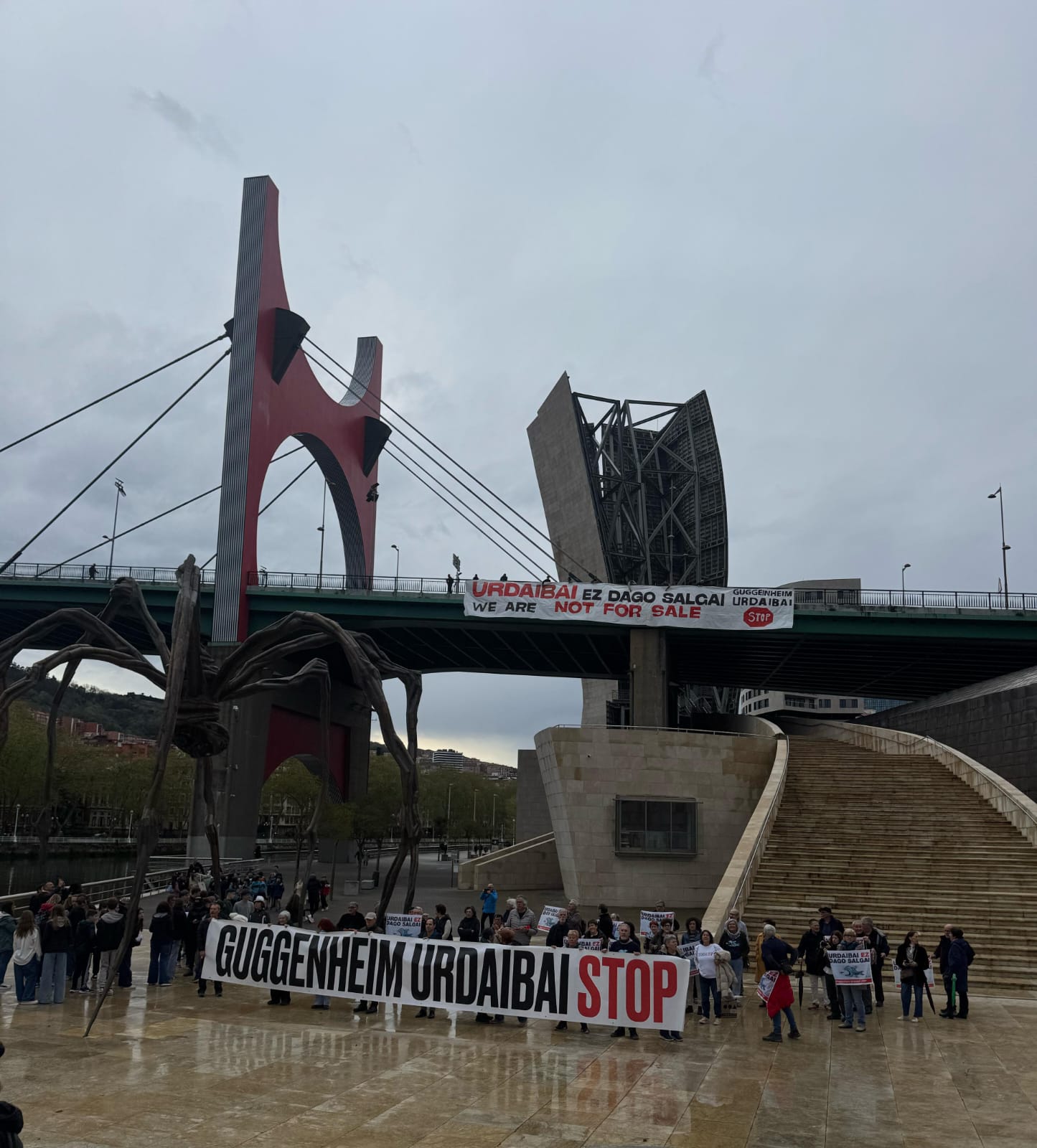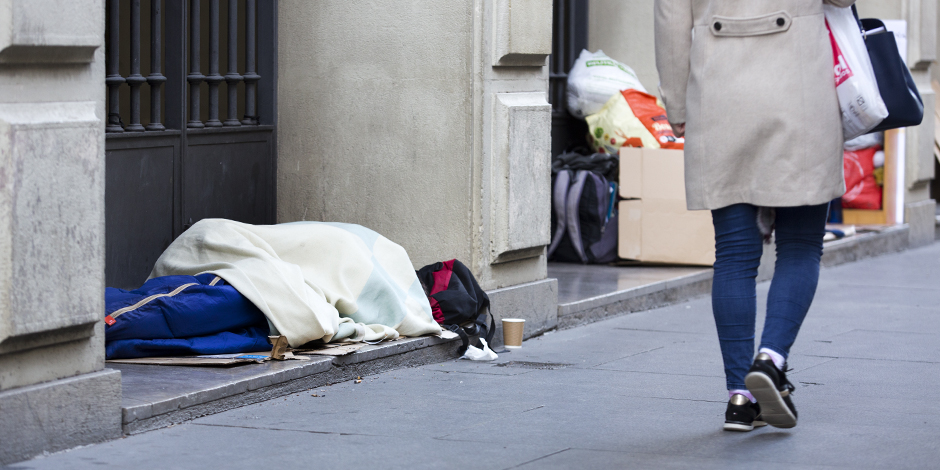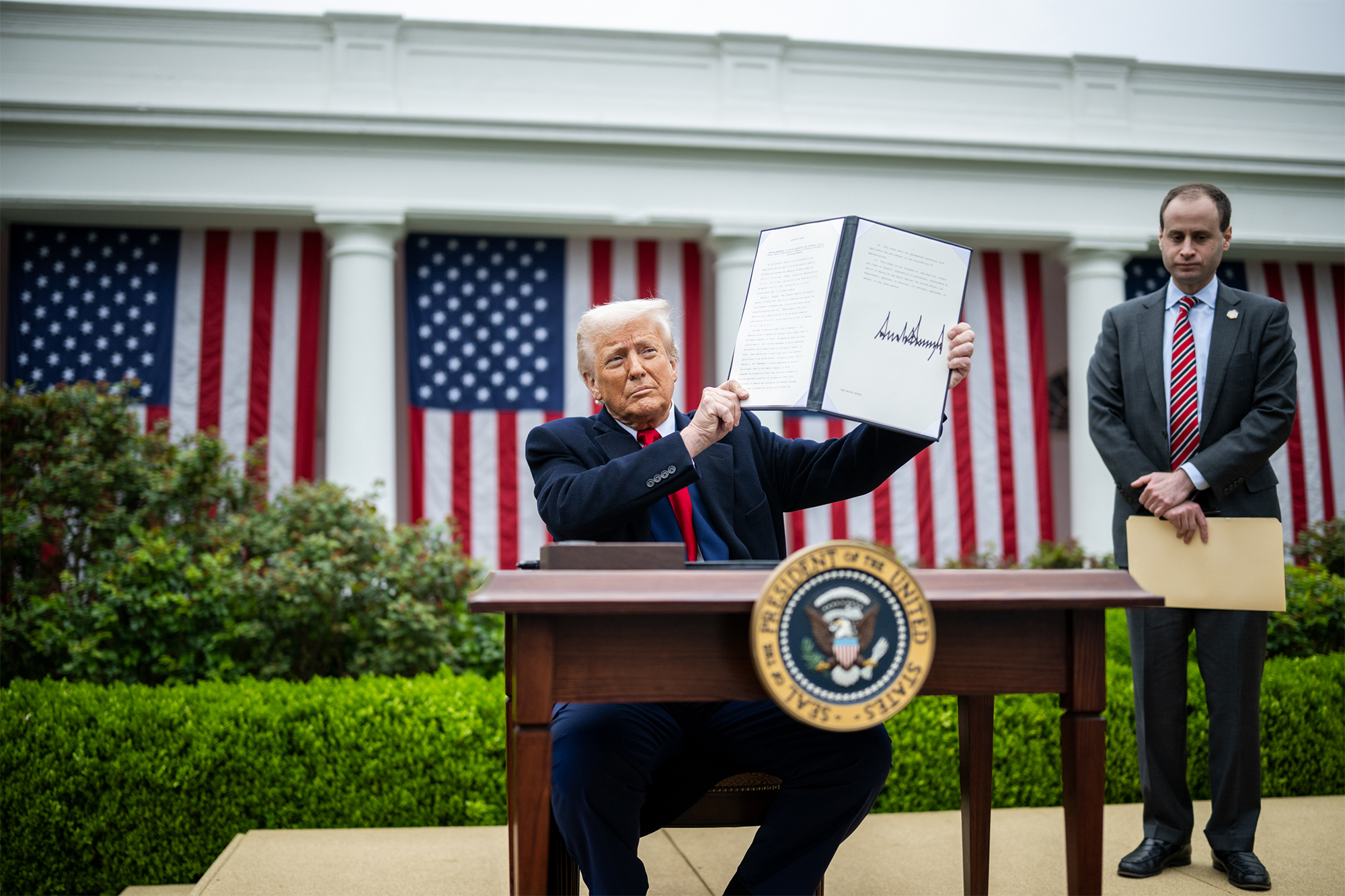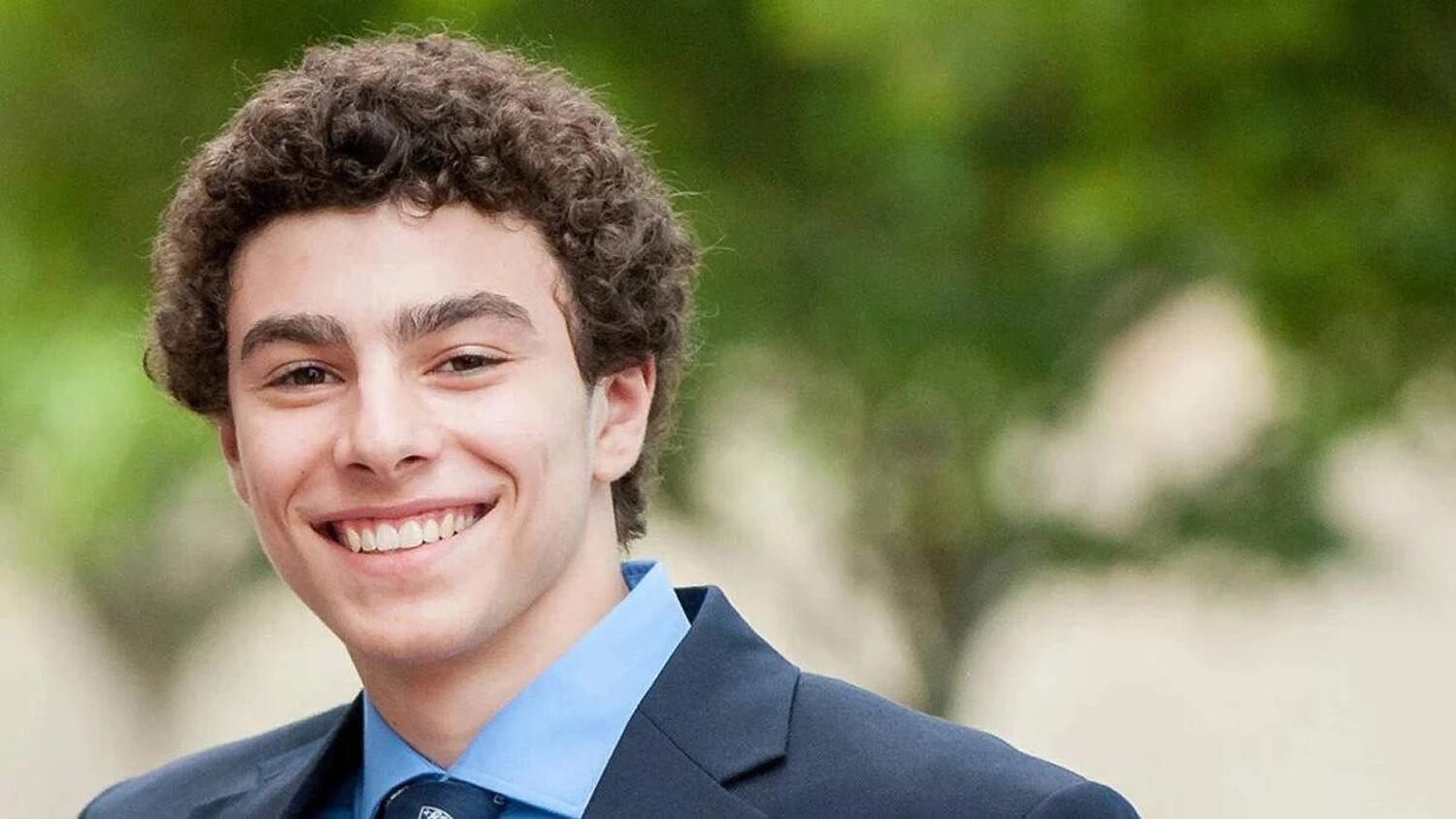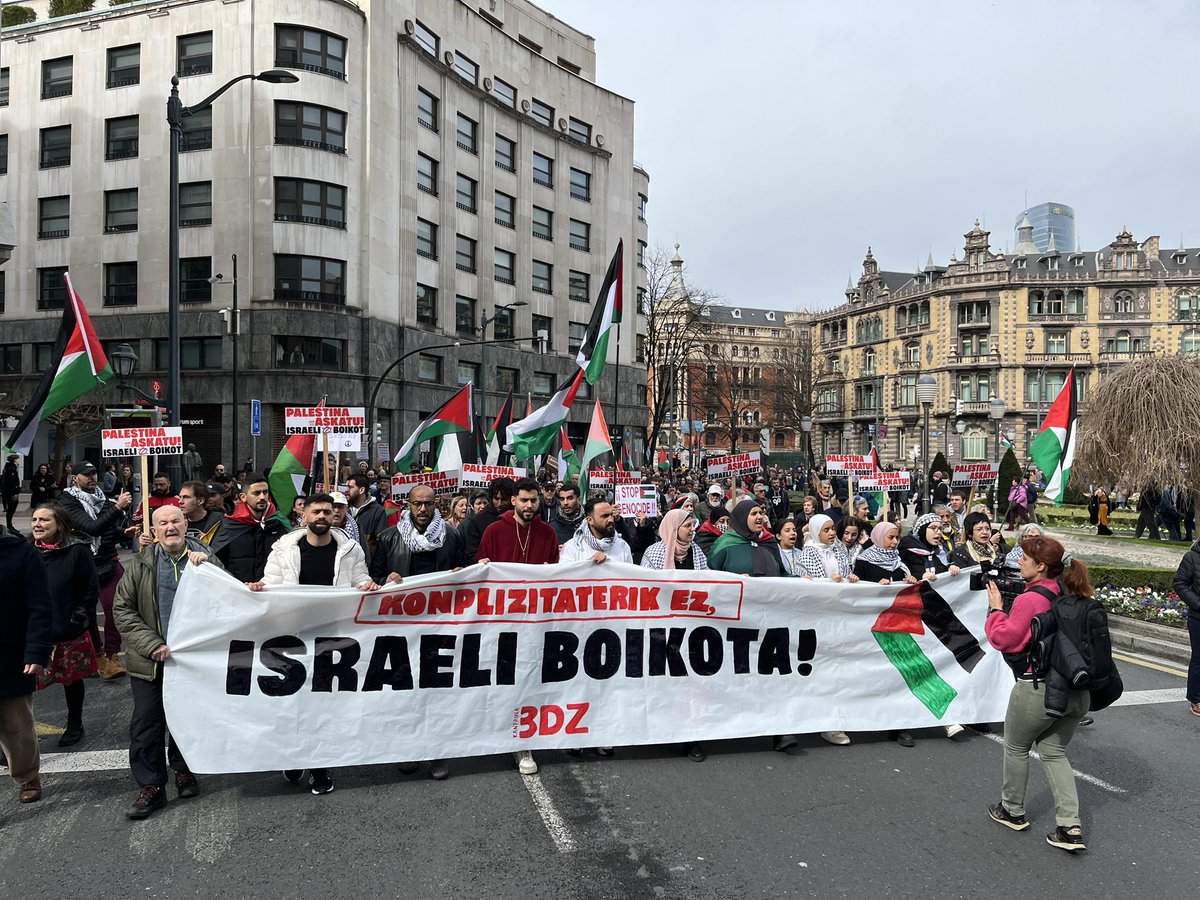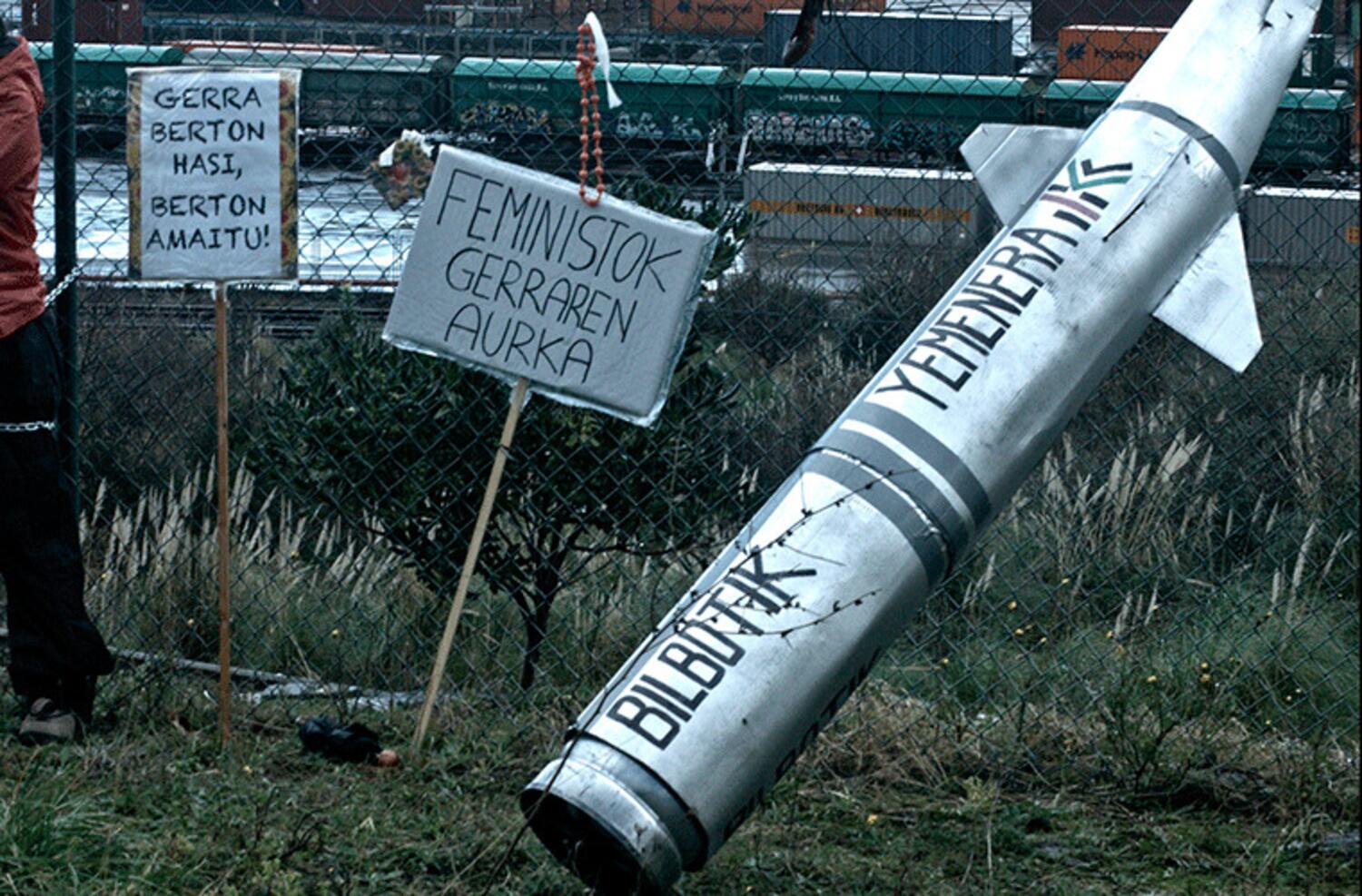In the name of the war on drugs
- President Rodrigo Duterte swore that he would “clean” every corner of the Philippines. Said and done. The paramilitary forces have already murdered 12,500 people suspected of using and distributing drugs through social networks.

The streets of Manila are not as hospitable as before. No, at least, with those who live on the street. For a year and a half you can hardly see a citizen sleeping on the sidewalks or hidden corners. Fear has spread through the streets of Manila. Terror. “Imagine that you’re in the middle of a square, that suddenly unknown men appear and they shoot you to death. The police will do nothing to find out what has happened, but will close the matter to the suspicion that this is a drug affair. That’s what happened to my brother.” In front of the coffin, Imelda doesn't know what to do. Two months have passed since his brother's murder and he has no money to pay for burial. Imelda and her family live on the outskirts of Manila. There, poverty has the face of women and children. “I’ve put the coffin in the middle of the street and started asking for help for burial,” Imelda explains, ashamed. Neighbours have responded warmly and have played cards to raise money.
In the Philippines, the war on drugs has its own name: Oplan tokhang. Rodrigo Duterte has been a year and a half since the president began the crusade against shabu or methamphetamine. Since then, 12,500 violent deaths have been recorded in the streets of the Biscayan capital. Most of them are illegal executions, carried out by the police or by paid killers. The president proudly defends them: "It's my order to shoot to death. I am not concerned about human rights. I don't care what they say. This is a war on drugs.”
The media has
battled Duterte “Asian Donald Trump”. Its draconian, loose and aggressive tone is very similar to the attitude of the President of the United States of America. The head of the Philippine Government is well aware of the fine line between legality and illegality. In fact, he's been a prosecutor, and for 22 years he's been mayor of the city of Davao in Pennsylvania. As Duterte sent it, Davao went from the most dangerous city in the Philippines to the safest and cleanest. The paramilitary group “the death squad”, known in the city, killed 1,400 people, including drug addicts, journalists and opponents. Two former members of the squad have denounced that they followed Duterte's orders, but justice has never been able to demonstrate the relationship the president maintained with the paramilitary group.
In any case, Duterte stood up to the 2016 general election “with the aim of extending what was done at home to the whole country.” He was not a favorite and he had no hope of winning votes. But the citizens were fed up with the corrupt political class, precisely with the families of always who for decades ruled the country. Voters chose a face that was outside the political power that Manila had in power.
The President of the Philippines admitted, without shame, that he has suffered an addiction to opiates, which has caused him a great deal of pain. Hence perhaps his obsession with the Shabu. And that is that the war on drugs has a sadistic character from the very beginning. Duterte likes to feed the image of a bloodthirsty and cruel leader. It is difficult to create a hierarchy among the caveats he said: "Hitler killed three million Jews. In the Philippines there are three million drug addicts, they would all be delighted to be killed” or “I have killed drug addicts to show the police that they are also able to do the same” are some of their polemical phrases.
Edwin, the drug trader: “We live in the state of Narko. Dutert has done nothing to combat the real traffickers who have been enriched by the sale of methamphetamine.”
No one doubts that the Shabu is a serious problem in the Philippines. A dose costs 50 cents of euro and, according to data provided by the Ministry of Health, three million people consume food. However, methamphetamine is not used for enjoyment. Young children, the poor and those who work hard crafts are the ones who consume the most. Shabu is a drug that helps to stay active during working hours and widely used among craftsmen and taxi drivers and jeepney (collective buses).
Geography plays an important role in the close relationship between the Philippines and methamphetamine. In fact, China is the first country to produce the ingredient needed to produce shabu, the pseudoephedrine. In addition, the forests of South Asia are the ideal place for laboratory construction and drug production. There are 7,641 islands in the Philippines and no one lives in many areas. Perhaps that is why in the Philippines they have more flexible legislation on drugs than in neighbouring countries.
There is no doubt that many branches of the State have been enriched by the parallel economy that has generated methamphetamine. On the eve of the 2016 elections, for example, the special anti-drugs forces reported that the top candidates had received subsidies from Chinese businessmen to run for the elections. Moreover, the mayor of the city, Quezom, was sent to prison because he used local ambulances to transport methamphetamine. They were vans coming from China.
“Be too
much” Edwin (fake name) was a methamphetamine salesman for years. The camel controlled, with the help of two policemen, drug trafficking from different neighborhoods in Manila. Today, however, it lives hidden. Edwin thinks the two cops want to kill him. “I know too much,” he said, taking refuge in a hotel room. “When Duterte started the war on drugs, he forced the police to make a list of those who were dotted in the shabu business. The idea was to catch the lowest level of the pyramid, that is, consumers and sellers of methamphetamine,” he explained by covering his head with a coat. "But the cops who were in the drug business were scared because they expected their camels to talk too much. Thus, they hired the assassins to leave no trace.” In Edwin's words, the problem is not the consumer or the common camel, but the one who produces shabu: “We live in the state of Narko. Dutert has done nothing to combat the real traffickers, especially to catch the big business or groups that have been enriched by the sale of methamphetamine.”
The data makes him right. The majority of those killed by the so-called war on drugs are ordinary consumers, young people from low-income neighborhoods. Many others are included in the list of indirect victims, where they are also killed. They've been killed for being in a bad time in a place. And yet the popularity of the president has increased among the Filipinos. Recent media surveys indicate that 85 per cent of the population supports their bloody campaign. The President’s followers meet every week at the concerts he has performed in favor of the president. “It takes great courage to declare war on drugs and to offer a better future to the children of the Philippines. Duterte is not like other politicians. He takes his oath and does not accept bribes,” says the famous pop singer Mocha Uson.
Robert Reyes: “Duterte’s policy of repression will not end the war on drugs. At first he has attacked drug addicts, but then he will try to silence all the voices of the opposition.”
Political activists
are terrified of the president. Franciscan priest Robert Reyes fought the dictatorship of Ferdinand Marcos and lived in exile for many years. On his return to the Philippines, he launched a campaign to abolish the death penalty, which reached its target in 2007. However, the current situation is very worrying: “This is not a war on drugs, it is a hunt against the poor.” Reyes has stated that the president’s speech is as dangerous as that of the socialist ruling class. “What he basically says is that drug addicts dirty the streets, they get ugly and that’s why you have to take them out of sight. It’s a matter of aesthetics.” The Franciscan priest believes it is a great mistake to treat Duterte’s comments as a joke, that is, as a madman to the president. “Duterte’s policy of repression will not end the war on drugs. At first he has attacked drug addicts, but then he will try to silence all the voices of the opposition.”
Fear is not foolishness. Thousands of shabas consumers and sellers have been denounced for fear of their being killed. Those who repent point to rehabilitation centers. The goal is to control methamphetamine dependence and “clean” it out of it. But the methods are pretty hard. “They put us in punishment rooms and the first few days we can’t get out of them,” said the young Mark. The former smuggler survived the shooting. “They came to find me and I jumped out the window of my house. The next day I went to a rehabilitation center without thinking twice.” Now it is clear and will soon return home, but it does not feel safe. “I feel the ghost of death on the back of
my neck.” The rehabilitation programme is perhaps the only gesture of humanity shown by the President of the Philippines in the context of the war on drugs. A murderer or a savior? Dutert makes it clear: “History may remember me as a cruel president, but I don’t care.”
.jpg)
Euskal Herriko Laborantza Ganberak hogei urte bete ditu. 2005ean sorturik, bataila anitzetatik pasa da Ainiza-Monjoloseko erakundea. Epaiketak, sustengu kanpainak edota Lurramaren sortzea, gorabehera ainitz izan ditu hogei urtez. Asteburu honetan, urteroko besta antolatuko dute... [+]
A few weeks ago, on Diputación Street, in the centre of Vitoria-Gasteiz, two men threw a homeless person off the small landing outside the place where he slept. In addition to being thrown away, a metal railing was immediately placed in front of the lonja. Although the place... [+]
Mundu osoarentzat %10eko muga-zerga globala inposatuko du Donald Trumpen administrazioak, eta hainbat herrialderen inportazioak are gehiago zergapetuko ditu, tartean Txinakoak (%34) eta EBkoak (%20). Baina Hegoalde Globaleko herrialdeak izango dira kaltetuenak: Lesoto (%50),... [+]









